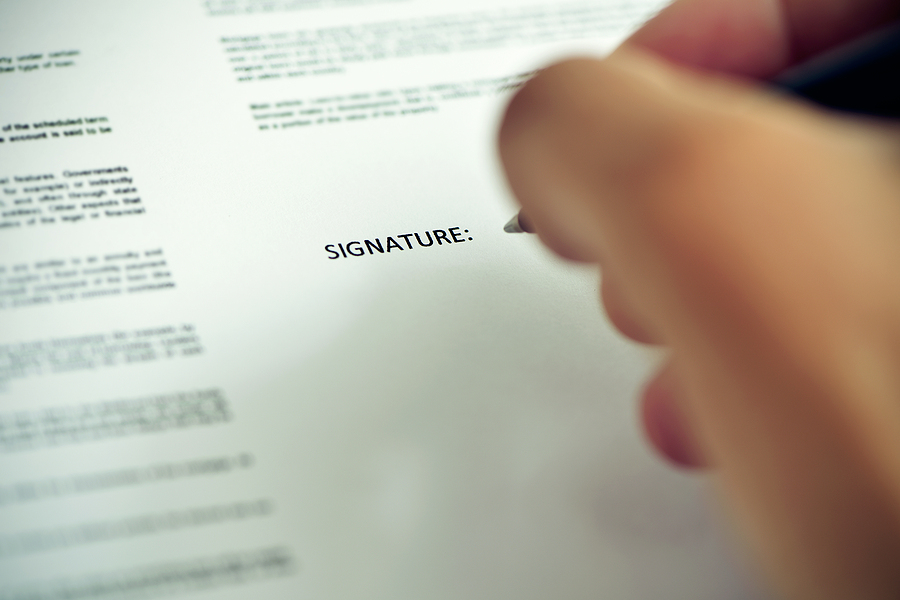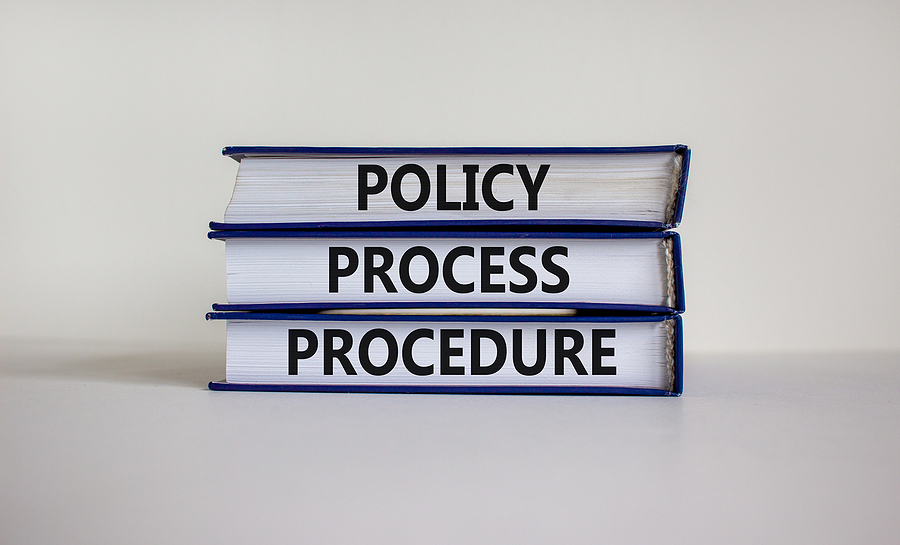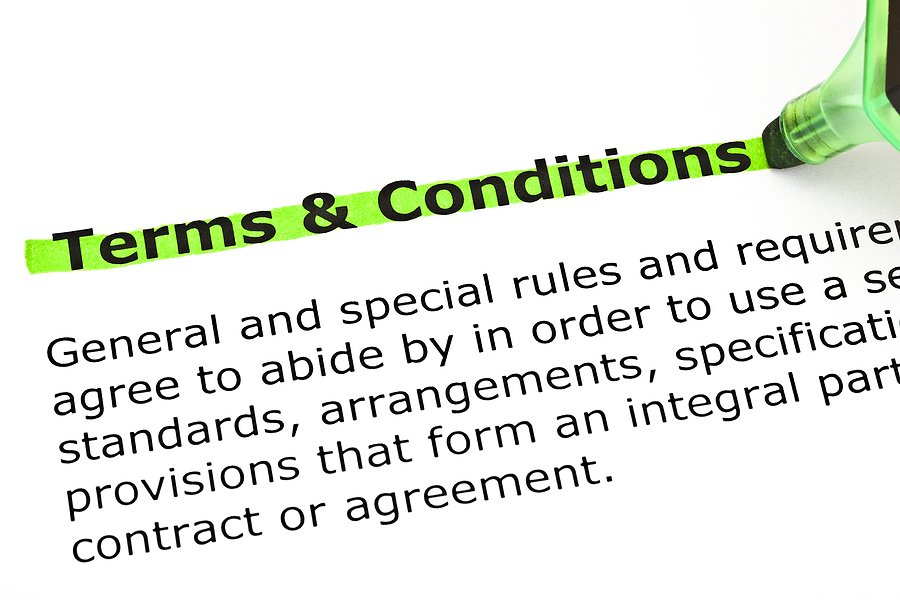Navigating the judicial system can be overwhelming, especially when it involves bail bonds. For many, understanding the intricate details of bail bond agreements is crucial but often overlooked. This blog aims to provide legal advice seekers and bail bond clients with essential insights into the do’s and don’ts of bail bond agreements. By the end of this read, you’ll have a clearer picture of your rights and responsibilities, helping you confidently traverse this complex territory.

Understanding Bail Bonds and the Process Surrounding Them
Before we jump into the specifics, it’s essential to grasp what bail bonds are. Simply put, bail bonds are financial agreements that allow a defendant to be released from custody, ensuring they will appear at all required court dates. A bail bondsman acts as a guarantor, securing the release of the defendant in exchange for a fee or collateral.
Understanding your rights in this context is paramount. Knowing what is expected of you and what you can expect from the bail bondsman can prevent unnecessary complications. Your liberty and legal standing hang in the balance, making it vital to be well-informed about every aspect of bail bonds.
The Do’s of Bail Bond Agreements
When it comes to bail bond agreements, there are certain actions you must prioritize to maintain a smooth process. One of the most critical steps is promptly attending all court appearances. Courts view defendants seriously when they fulfill their obligations, which can positively influence future proceedings.
Informing your bondsman about any changes in your circumstances is equally essential. Whether it’s a change of address, contact information, or employment status, keeping your bail bondsman updated demonstrates responsibility and transparency. It helps them support you better and ensures that all parties are on the same page.
Lastly, understanding the terms of your agreement is a must. Familiarize yourself with the details of your bail bond agreement, such as payment terms, legal obligations, and any conditions of release. This knowledge empowers you to make informed decisions and avoid unnecessary breaches of contract.
The Don’ts of Bail Bond Agreements
While there are crucial actions to take, there are also behaviors to avoid in bail bond agreements. First and foremost, never skip town or violate any terms of your release. Doing so will likely lead to bail forfeiture, meaning you could lose any money or collateral put up for your release.
Failing to pay the agreed premium is another critical mistake to avoid. Your bail bondsman provides a valuable service, and honoring your financial commitment is a part of maintaining a good-standing relationship. Ignoring these obligations can lead to severe consequences, including bail revocation and possible legal action.
Lastly, making false statements to the bondsman can jeopardize your entire agreement. Honesty is the best policy; misleading your bondsman can result in a lack of trust and potential legal repercussions, complicating your situation further.
Legal Rights and Responsibilities
In the realm of bail bonds, it’s essential to know your legal rights and responsibilities. The U.S. Constitution offers several protections to defendants, including the right to a fair trial and protection against excessive bail. These rights are designed to ensure justice and fairness within the legal system.
Should any issues arise with your bail bondsman, understanding your options for legal recourse is vital. If a bond violation occurs, you may need to consult with a legal professional to explore potential solutions. Knowing the ins and outs of your situation can make a significant difference in navigating these challenges.
It’s your responsibility to comply with the terms set by the court and your bail bondsman. However, if you believe your rights have been violated, don’t hesitate to seek legal advice to safeguard your position and ensure just treatment.
Common Misconceptions
Misconceptions about bail bonds abound, often leading to confusion and misguided actions. One common myth is that bail bondsmen have unchecked authority over you. In reality, while they play a crucial role in your release, they must also operate within legal boundaries.
Another misconception is that skipping bail is an easy exit. The consequences of bail forfeiture are severe, including potential arrest and additional charges. It’s crucial to understand the weight of these actions before considering any breaches of your bail conditions.
Lastly, some believe that providing collateral means automatic bail approval. While collateral may secure the bond, other factors, such as the defendant’s flight risk and criminal history, significantly influence the court’s decisions.
Conclusion
In summary, understanding the do’s and don’ts of bail bond agreements is crucial for anyone navigating the legal landscape. By attending court appearances, keeping lines of communication open, and understanding your agreement, you are setting yourself up for legal success. Conversely, avoiding violations, meeting financial obligations, and being honest with your bondsman are fundamental to maintaining a healthy agreement.
Remember, you are not alone in this process. Seeking legal advice can be invaluable, ensuring you remain informed and protected throughout your legal journey. Should you have further questions or require assistance with bail, don’t hesitate to reach out to professional legal services for guidance.
Ultimately, being informed about your rights and responsibilities empowers you to interact with the legal system confidently and efficiently. Stay proactive, stay informed, and protect your freedoms.
Are you ready to get a friend, co-worker, or loved one out of jail in Indy? Contact Woods Bail Bonds at 317-876-9600 for speedy and secure bail bond services in Indianapolis, Indiana. We offer prearranged bail bond service for arrest warrants and probation violations, too.
Related Posts:
Guide to the Indiana Bail Bond Cosigning Process: A Lifeline for a Friend in Need
What You Need to Know About Indiana Bail Bond Conditions
Understanding the Impact of Co-Signing for a Bail Bond on Your Credit Score









